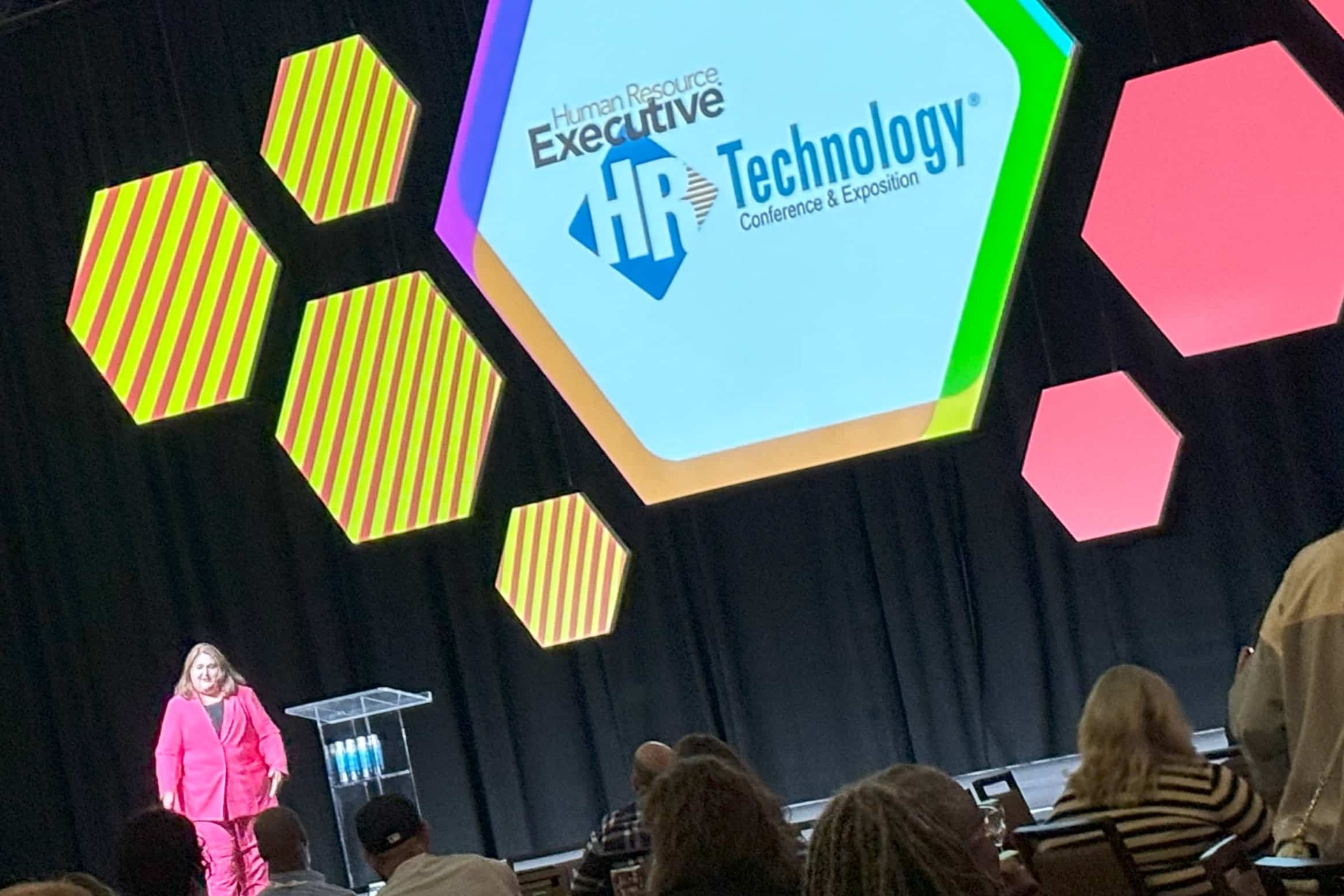Human resource leaders barely have time for a break in 2024, with so many tech aspects to consider. This year, the potential impact of generative AI on HR has been studied widely, with reports from major analysts and consultants predicting an outsized role in boosting productivity and enhancing employee experience.
However, experts and seasoned practitioners say that challenges in AI adoption persist, and HR leaders must focus on fixing foundational issues first and adapt quickly to rapid technological changes.
Meanwhile, skills remain an essential theme, but this approach requires a strong strategy aligned with business priorities. Another substantial talking point is how the HR profession is shifting from subject matter expertise to a community of solution providers who design agile strategies. There’s also growing investment in HR technology tools, particularly in learning, wellness and analytics, while internal talent mobility and DEI initiatives remain critical.
Leading an organization’s people function with agility and adaptability is more important than ever, but even the best in the business have questions. To dig deeper, Human Resource Executive asked three highly anticipated speakers to predict how these pressing topics will be considered at the upcoming HR Technology Conference in Las Vegas. Here’s what they had to say:
Human Resource Executive: What key trends and tech challenges are HR leaders focused on right now and hoping to learn about at HR Tech?
Chris Havrilla, vice president of HCM product strategy at Oracle and Women in HR Tech keynoter: Generative AI/AI is at the top of every HR leader’s mind right now. It not only has the potential to boost productivity, but it will also unlock a new world of skills, ideas and creativity that will have a profound impact on the workplace.
With the ability to summarize, author and recommend content and next-best actions, generative AI/AI can help HR leaders drastically reduce the time required to complete tasks, improve the employee experience, enhance the accuracy of workforce insights and ultimately increase business value.
There is a huge opportunity for HR to lead a “gen AI-friendly culture” that unlocks the performance and potential of the workforce and leaders. The benefits have just begun as we look at what is coming, including agents, problem resolution and self-service Q&A support, text analysis, data visualizations, graphics and video, coaching and narration.
Skills will be another big topic at this year’s HR Technology Conference. As skills become the new currency of work, organizations will need a single source of truth for skills. They’ll also require a strong skills-based talent strategy that aligns with business priorities, optimizes the workforce and meets key performance and growth goals. To develop, curate and execute a skills-based talent strategy, orgs will need the right mix of infrastructure, applications and intelligence to better understand and leverage the skills of their employees, expand access to talent and make smarter workforce decisions.
Stacey Harris, chief research officer at Sapient Insights Group and HR Tech mega-session presenter: Based on where customers are increasing HR technology investments, applications that support learning, benefits/wellness and expanded HR analytics will be on the shopping list this year at the HR Technology Conference.

Organizations are explicitly looking for HR analytics solutions to help them with data extraction, cleaning and mapping efforts and traditional data analysis work.
The Sapient Insights Group teams also expect mid-market organizations to expand their comparison-shopping efforts for payroll/HRMS with the addition of lots of new options in the market this year.

Opal Wagnac, senior vice president of market & product strategy at isolved and Women in HR Tech keynoter: HR leaders will want to learn about various methods of talent mobility, shifting the trend of constantly seeking external talent and leveraging technology to examine their current bench. They also seek support for pushing through and persisting with DEI initiatives despite the perceived dilution by large enterprise organizations and associations (i.e., SHRM). Attendees are also tackling office dynamics while still achieving high performance and connection.
Human Resource Executive: Do you have advice about strategic HR leadership in the face of technological advancements?
Havrilla: Yes! I believe there’s a heavy burden on HR to always be the “experts with answers,” but that’s not realistic in today’s world—one that’s full of disruption and, quite frankly, in a state of constant change and evolution. Strategic HR leadership isn’t about being an “expert” or necessarily having the solution; it’s about knowing how to help find the right solution as challenges arise.
Today’s HR leaders should focus on becoming solution providers—such as designers, architects, consultants, advisors, facilitators, etc.—in their organizations. HR leaders should think about harmonizing their work, workforce and workplace with the role data and technology play in doing so. For example, what is the work, who should/could do the work and where should/could the work be done—bringing together the right people with the right skills at the right time to help provide the best solution.
To get started, HR leaders should think big but start small and move fast! Break projects into smaller MVPs (if it can’t be done in three months, it’s too big!) to secure quick wins, see the impact, build credibility and increase momentum.
Harris: All the focus on AI has left many HR leaders questioning the future and their approach to HR, but we want to be clear that our data shows AI is not fundamentally changing HR and the work we do. In the right environments, it is enabling some businesses to focus more quickly on outcomes over compliance, process and service agreements.
AI preparation is a responsibility shared by industry leaders, business leaders, government entities and the solution provider community. HR buyers know that AI must walk before it runs in HR. The most critical first step is helping HR fix fundamental workflow and data issues before AI can be used to provide trusted insights for decision-making.
Wagnac: Pace yourself and give yourself time and space to think strategically about how your organization can best capitalize on leveraging technology—but not too much time, or else you’ll never start. The pace of change in technology is so rapid, but it’s one of those trains you have to also hop on while in motion, showing no signs of slowing down.
See Havrilla, Harris and Wagnac live and in person at the HR Tech Conference, happening soon at Mandalay Bay in Las Vegas. HR leaders, use my code JOINME24 for a FREE Expo Pass or to save $150 on your All-Access or Basic Pass. Register now.
Credit: Source link











